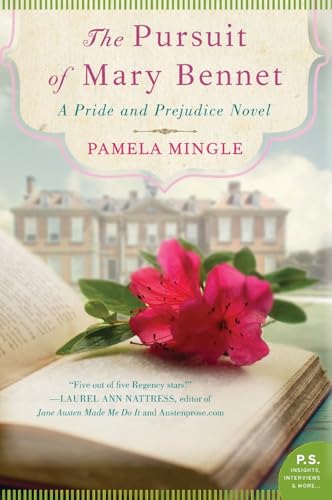 This meme is hosted by Breaking the Spine and is meant to highlight some great pre-publication books we all can't wait to get our grubby little mitts on.
This meme is hosted by Breaking the Spine and is meant to highlight some great pre-publication books we all can't wait to get our grubby little mitts on.  The Yellow Eyes of Crocodiles by Katherine Pancol. The book is being released by Penguin Books on December 31, 2013.
The Yellow Eyes of Crocodiles by Katherine Pancol. The book is being released by Penguin Books on December 31, 2013.Amazon says this about the book: Le Divorce meets The Elegance of the Hedgehog in this hilariously entertaining mega-bestseller from France
When her chronically unemployed husband runs off to start a crocodile farm in Kenya with his mistress, Joséphine Cortès is left in an unhappy state of affairs. The mother of two—confident, beautiful teenage Hortense and shy, babyish Zoé—is forced to maintain a stable family life while making ends meet on her meager salary as a medieval history scholar. Meanwhile, Joséphine’s charismatic sister Iris seems to have it all—a wealthy husband, gorgeous looks, and a très chic Paris address—but she dreams of bringing meaning back into her life. When Iris charms a famous publisher into offering her a lucrative deal for a twelfth-century romance, she offers her sister a deal of her own: Joséphine will write the novel and pocket all the proceeds, but the book will be published under Iris’s name. All is well—that is, until the book becomes the literary sensation of the season.





 The mailbox hasn't been as full as usual but I have been pleased as punch by what has made it into my possession, a fact that has me anticipating the mail each and every day. I swear I'm like Pavlov's dog: when I hear the mailbox clank shut, I start salivating! This week's mailbox arrivals:
The mailbox hasn't been as full as usual but I have been pleased as punch by what has made it into my possession, a fact that has me anticipating the mail each and every day. I swear I'm like Pavlov's dog: when I hear the mailbox clank shut, I start salivating! This week's mailbox arrivals:


























